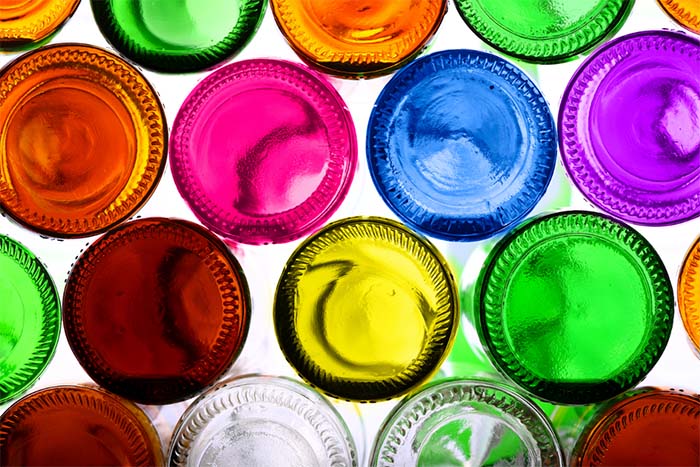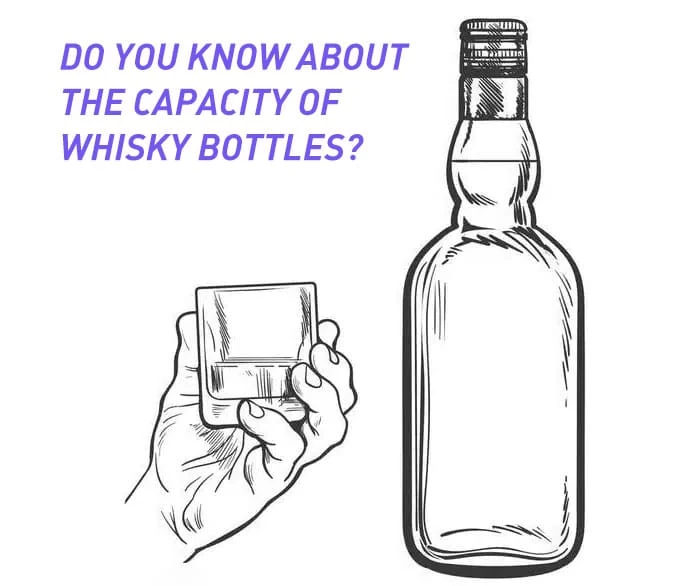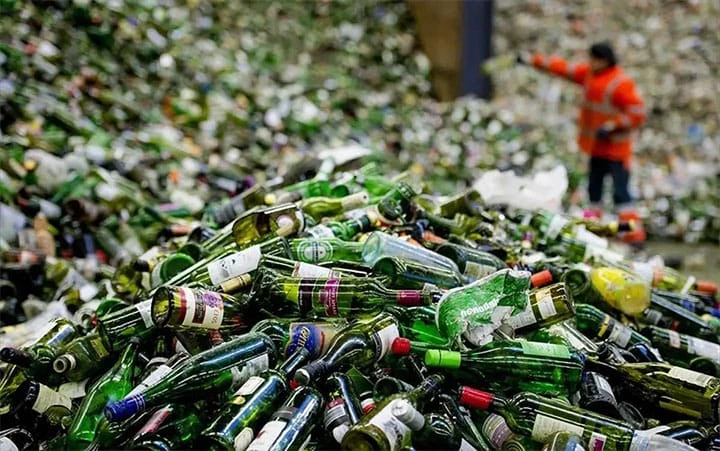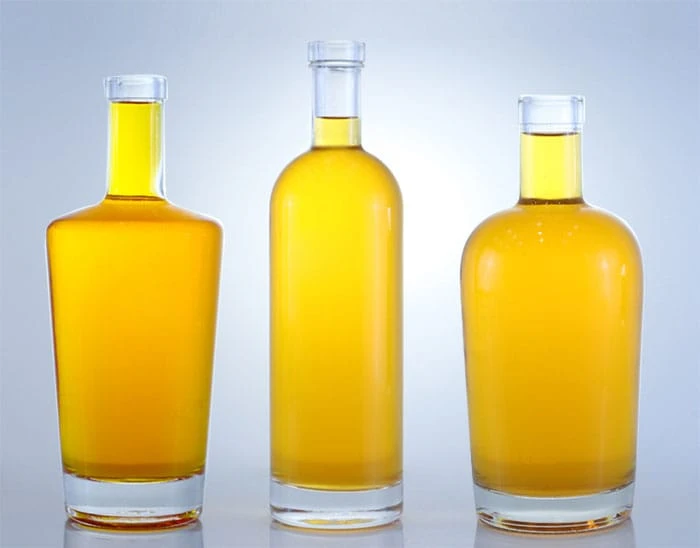Alcoholic beverages, including liquor, beer, and wine, can be packaged in various materials, such as plastic and paper. For instance, beverages can be stored in PET (polyethylene terephthalate) containers, which are widely used for food and drinks due to their resistance to ethanol and leaching. However, glass remains the preferred choice for packaging alcoholic beverages for several compelling reasons.
1. Preservation of Taste
One of the primary reasons alcoholic beverages are bottled in glass is to maintain the purity of their taste. Glass is chemically inert, meaning it does not react with the contents, ensuring that the flavors remain unaltered. In contrast, plastic and metal containers can impart undesired flavors, affecting the overall drinking experience. This neutrality makes glass the ideal choice for high-quality spirits.
2. Sustainability and Reusability
Glass bottles can be single-use or recycled, offering a sustainable option for packaging. Bars and restaurants often reuse glassware after cleaning, which is both cost-effective and environmentally friendly. The raw material for glass—sand—is abundant and can be sourced sustainably. Unlike plastic, which often ends up in landfills, glass can last for decades and is easily recyclable.

3. Safety and Longevity
Psychologically, consumers often prefer glass over plastic, especially due to concerns about harmful substances like Bisphenol A (BPA), which has been linked to health risks. Since glass is less permeable than plastic, it protects beverages from oxygen and carbon dioxide, extending shelf life. When stored in glass, alcoholic beverages are less likely to spoil or develop off-flavors, making glass a superior option for long-term storage.
4. Pasteurization Compatibility
Pasteurization is crucial for ensuring the safety of packaged beer by eliminating bacteria. Glass bottles withstand the pasteurization process without deforming, unlike plastic, which can warp under high temperatures. This durability not only protects the integrity of the beverage but also maintains its quality.

5. Aesthetic Appeal
In consumer perception, plastic containers are often associated with lower quality. Higher-end alcoholic beverages, such as wine and craft beer, benefit from the sophisticated appearance of glass bottles, which convey elegance and quality. This aesthetic appeal plays a significant role in consumer purchasing decisions.
6. Historical Significance
The tradition of using glass for packaging alcoholic beverages dates back over 3,600 years, long before the advent of plastic and aluminum containers. This historical context adds to the allure of glass, making it a preferred choice for wines and spirits.
Conclusion
While glass bottles have their disadvantages, such as being fragile and heavier than plastic, their benefits—preservation of taste, sustainability, safety, compatibility with pasteurization, aesthetic appeal, and historical significance—make them the ideal choice for packaging alcoholic beverages. As consumers become more conscious of quality and environmental impact, the demand for glass packaging is likely to continue growing.
If you’re looking for more knowledge of glass bottles, check out the following articles:
– Top 4 Drinking Glass Manufacturers in the U.S
– Top 10 Glass Bottle Manufacturing Companies in India(Latest Updates)
– Top 10 Glass Bottle Manufacturers In The USA
– Why Choose Apple Juice in Small Glass Bottles? A Flavorful Experience
Consult Your Valiant Glass Bottles & Packaging Experts
We help you avoid the pitfalls to deliver the quality and value your glass bottle and jar need, on-time and on-budget.














